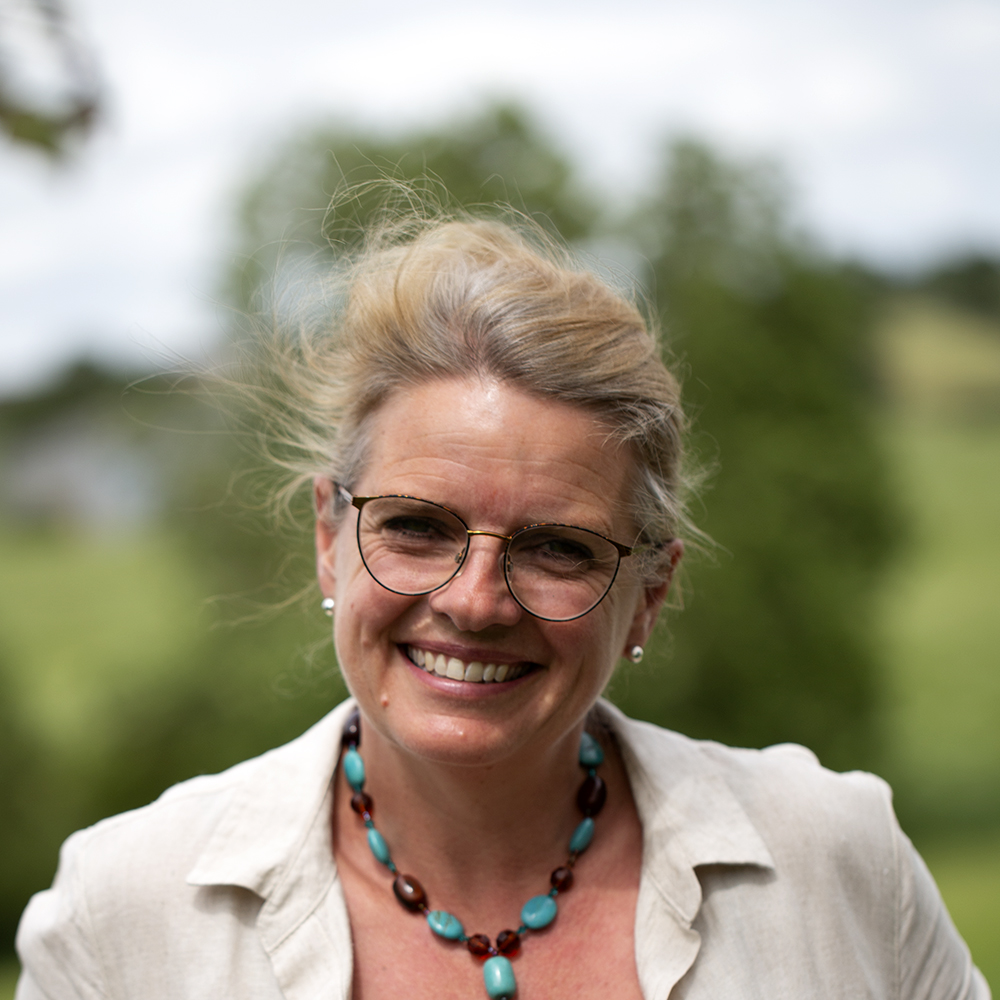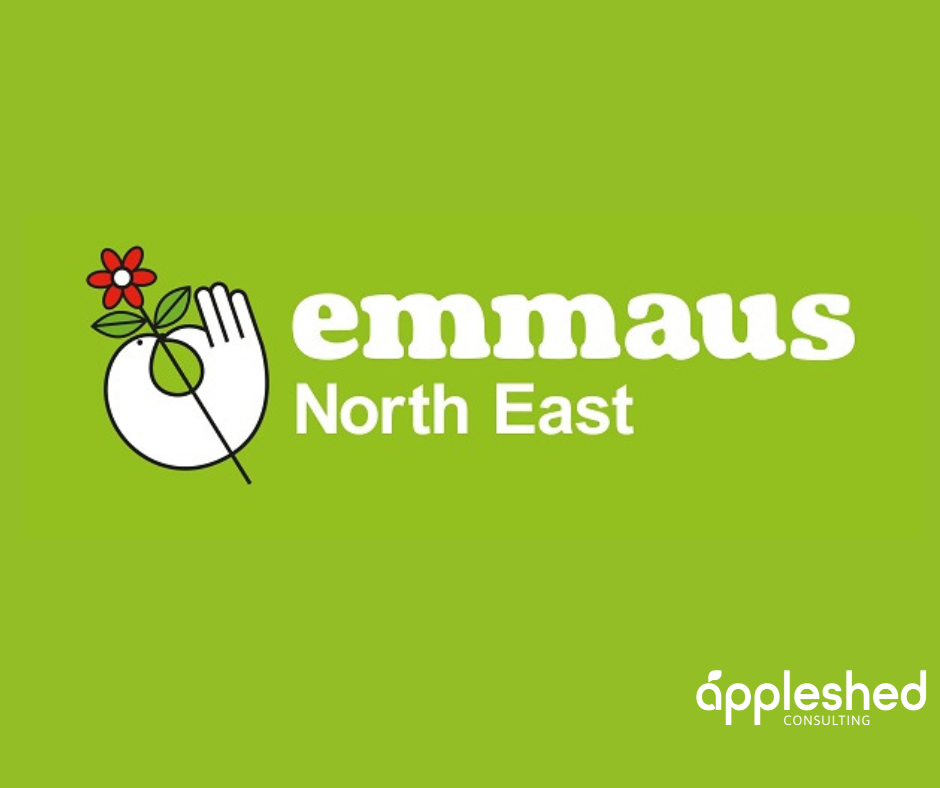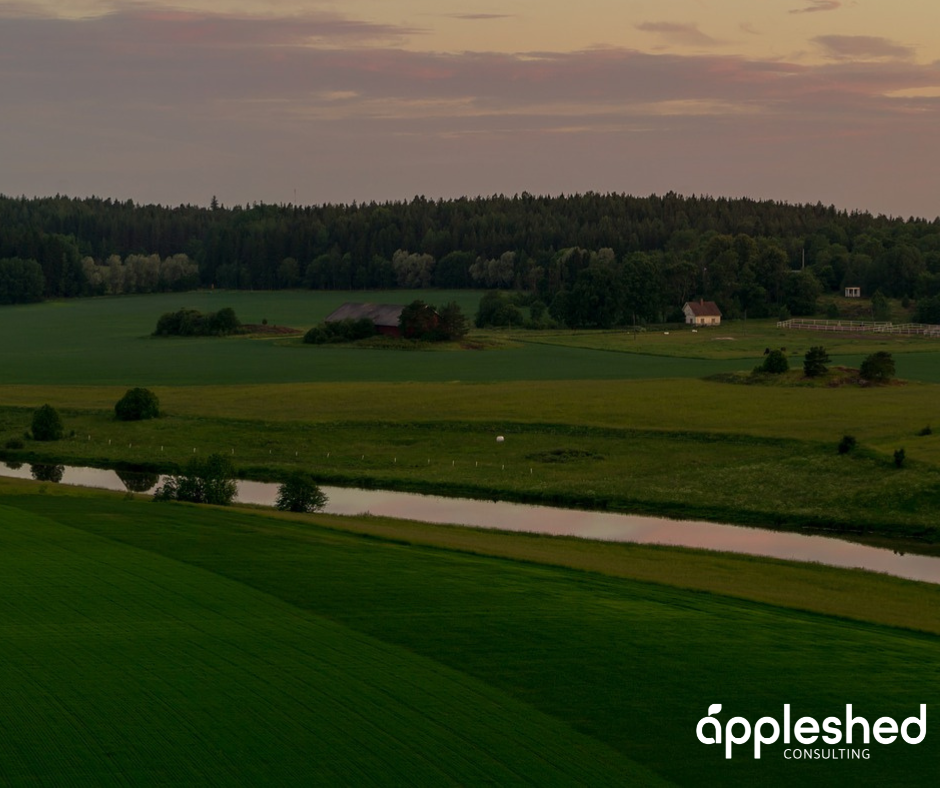I have always been interested in B Corp – the “B” stands for Benefit. Corporations who align themselves for the benefit of the environment and society. The vision, the concept and the framework support very neat links to sustainability concepts, to strategy, good governance, and stakeholder led leadership.
Challenge
When I first looked at BCorps in the UK several years ago, there were around 400 and you could see them on an online map. Several years later, over 12oo organisations have become accredited, there’s a waiting list globally for audit exceeding 3,000 and the accreditation system is set to improve and change in 2024. All the signs of a movement that is creating impact, which people aspire to, where a B on your promotional materials is a commercial bonus. BLab UK‘s vision is to have “An inclusive, equitable and regenerative economic system for all people and the planet”, which, from what I have seen, they are achieving, one business at a time.
Some research conducted in 2020 compared over 300 BCorp SMEs to regular SMEs using government data and found the BCorps had
1) faster growth in turnover and employee headcount,
2)……and higher expectations about future growth,
3) greater levels of employee retention, engagement and diversity,
4) higher levels of innovation,
5) more robust governance processes,
6) greater focus on civic and community engagement, and
7) been equally successful at securing external finance. These findings would make anyone want to understand more!
One such organisation knew I worked in sustainability and asked whether I would be interested in supporting them to go for BCorp accreditation. A non-alcoholic gin alternative called Everleaf Drinks with a conservation biologist as a founder in Paul Mathew and three aperitifs already on the market called Forest, complex and bittersweet, Mountain, Vibrant and Aromatic and Marine, crisp and refreshing – all award winning flavours. We met, discussed where they were at and what they wanted – project “Everleaf for BCorp” was in motion.
Process
It took us about 6 months with weekly calls booked in between Iceland and the UK to keep the momentum going, we needed to fully understand the requirement, to understand what the organisation already had paperwork for and whether “the way we do things around here” was also evidenced in writing for the 150-200 questions under consideration. As such a young organisation, much of what happened was evident in the “way we do things around here”, however not necessarily on paper, in a policy, or through a Board ratified agreement or an internal process that engaged with stakeholders and listened and acted upon what they had to say.
A BIA (Business Impact Assessment) is the first step and anyone can sign up to this online and for free. You can use this simply to gauge the level your organisation is at in gauging its environmental and social impact, where the gaps might be and have a sense of what it might take to earn over 80 points to be able to press “submit” and consent to a B Corp audit for accreditation. There are 5 Impact areas, and in line with larger corporate regulations, they cover E,S & G (Environmental, Societal and Governance). There is an Environment Impact Area – your consumption of all things, recycling and reuse within the organisation and your Carbon footprint is in this section. There is a Governance Impact Area where your mission and the level that it is tied to social and environmental impact is questioned, whether your Board approves and reviews these elements and whether you have changed your Articles of Association to move away from pure Shareholder Primacy to Stakeholder Inclusivity – to ensure your decisions include considering those you most impact. And finally, there are three Societal Impact Areas, Customers, Workers and Community and I know that most Staff handbooks come under review as a part of what is examined.
We actively worked at ensuring all the elements were in place and embedded into the organisational processes for ongoing accountability. A new cloud based HR provider assisted with upgrading the people systems. Education, communication and engagement with staff around updated policies, board ratified social and environmental goals and new processes to engage with customers and suppliers enabled a commitment to be more explicitly transparent on the whole, both helped the founders think through what they wanted for the business and then put systems in place that were in evidence through governance processes.
Alongside this, a simple, however comprehensive filing system for the evidence base for all questions was created, not only to assist in the initial audit, but also the ongoing need for the organisation to continue to gather and examine the evidence as every BCorp needs to re-accredit every three years. My first job with Deloitte back in the 90’s was as an audit junior, and whilst not my most enoyable role, the experience here held me in good stead.
Everleaf were assigned an analyst and started uploading files and answering questions, on and off for about 2 months, with the audit interview going well. All of this was hosted through the portal where the BIA was held online. They passed with 86 points and are now officially accredited and able to use the BCorp logo and materials with their products.
Conclusion
I have now worked with many organisations using this framework, including a charity who wanted to understand how well they aligned with being able to be transparent and explicit about their environmental and social impact. Working with the BIA Framework has made me realise what an enabling tool it is for any organisation embarking on being accountable to people and the planet. It also gently tests the degree of impact you have or may want to create. All of the organisations I have worked with have chosen to update and improve their organisational setup, policies and commitments simply by using the framework. Sometimes this is external to the business, however often, the change in better governance, better worker arrangements and better environmental practices are internal to the organisation and empowering for business owners to know which environmental and social impact elements are within their control and what the options are for them to futher deepen their impact.
Appleshed was a very helpful part of our B-Impact assessment process. Having someone external who was able to help drive the process forward, challenge us on areas that needed work, and particularly provide advice around the Workers section of the assessment was very helpful. Katrina quickly added capacity to our team, helping to research ways we could improve our company’s operations professionally and efficiently. Paul Mathew, Founder, Everleaf Drinks
I congratulate and thank Everleaf for both the opportunity to work with them and the process we went through, it was quite a commitment all around, however I believe the process itself will be equally as beneficial as the use of the BCorp logo.




